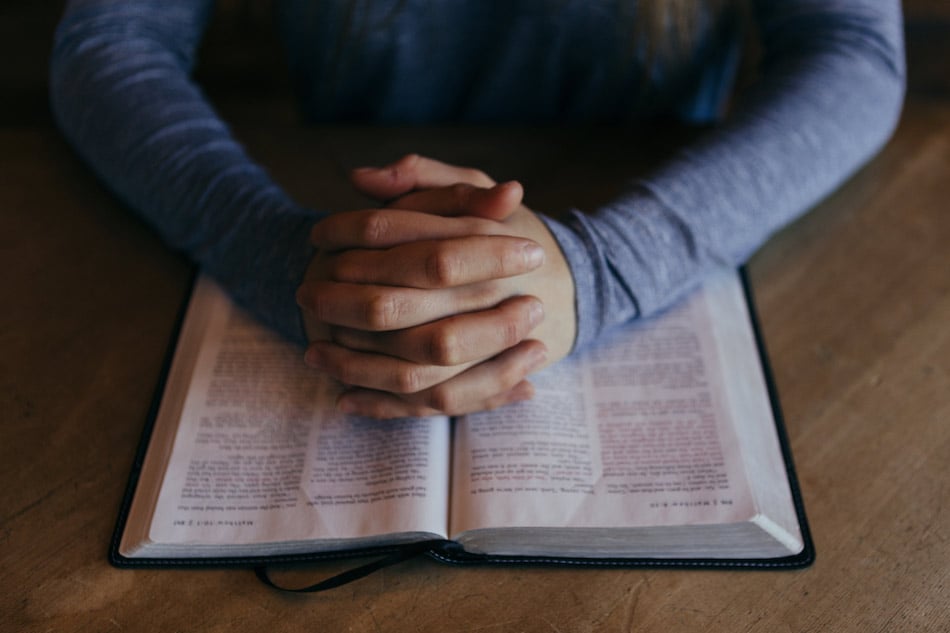The past few years have seen instances of violence and unimaginable tragedy across the country. A few short years ago, violence on church campuses was extremely rare. Growing up, I remember a certain reverence from people by simply being on a church campus – a reverence only overshadowed by actually being inside a house of worship.
Things have changed. Today, we must stop and consider how we can protect those with whom we worship. While we’re not experts in church security, here are five safeguards that may make a difference at your church.
1. Have a Plan
Talk with your team about protocol and emergency action steps. The best safeguard is always a well-designed plan. But a plan is only the first step; make sure you rehearse and replicate potential scenarios with your team so you can practice executing your plan.
One simple step is to have greeters “man-the-doors” throughout the entire service. Having volunteers to welcome guests at the door also can serve as a great first line of defense and dissuade anyone who might have malicious intent from entering the church.
If you’re looking for help on how to best train your team on safety, check out Cool Solutions Group’s church Safety Training program.
2. Parking Lot Team
Perhaps you already have volunteers serving in the parking lot to point people in the right direction and warmly welcome visitors. If you don’t, this role can be a vital set of eyes and ears to help spot any potential danger. Equipped with a walkie talkie, team members can radio ahead with information about new guests with kids or, if need be, suspicious individuals who may need to be intercepted and vetted. Even at a smaller church, having one or two volunteers to greet people in the parking lot can be an effective first layer of support and safety.
3. Paid Security
Oftentimes, this isn’t an option since having a regular security detail can be expensive. However, having one paid police officer on site, or even an “off-duty” officer that attends the church in uniform, can be a visual deterrent from those wanting to do harm. The secret here is to be diligent. I’ve seen countless churches start to implement this immediately after a horrific tragedy only to let their guard down four to six months later when things get quiet. Like all these protocols, this isn’t a temporary fix but rather a long-term solution. Stick with it for the long-haul.
4. Staff & Leader Training
If you recall, the big push after some of the national tragedies we’ve had has been “See Something, Say Something.” Train your staff and your volunteers to keep their eyes open. Awareness is key to healthy ministry as well as safe ministry. Our teams need to be aware of how to handle first time guests, crying babies in service, new salvations, suspicious individuals, erratic and odd conversations or behavior, etc. Having a team is great, but having an unprepared team can be a disaster waiting to happen. Train them on what needs to happen and get on the same page before anything surfaces.
5. Pray
We can put our plans in place but without God’s help, they all fall short. Pray for divine protection and security. Pray that hearts and minds are turned toward God and that the reverence for God returns.
Obviously, none of these are certain to stop someone from doing harm, but they are intended to provide some simple steps that you can implement on any level to provide layers of security for your church.


